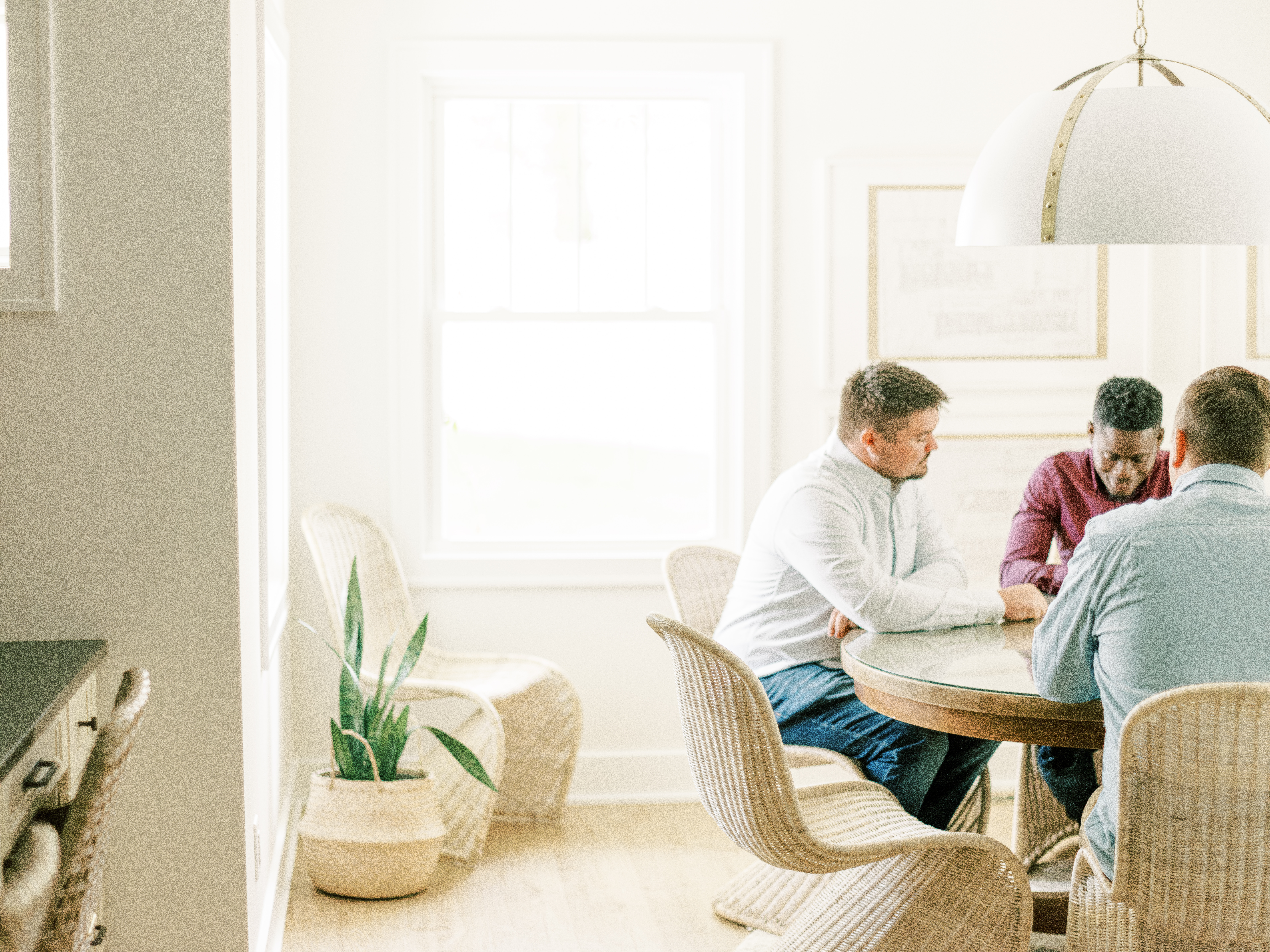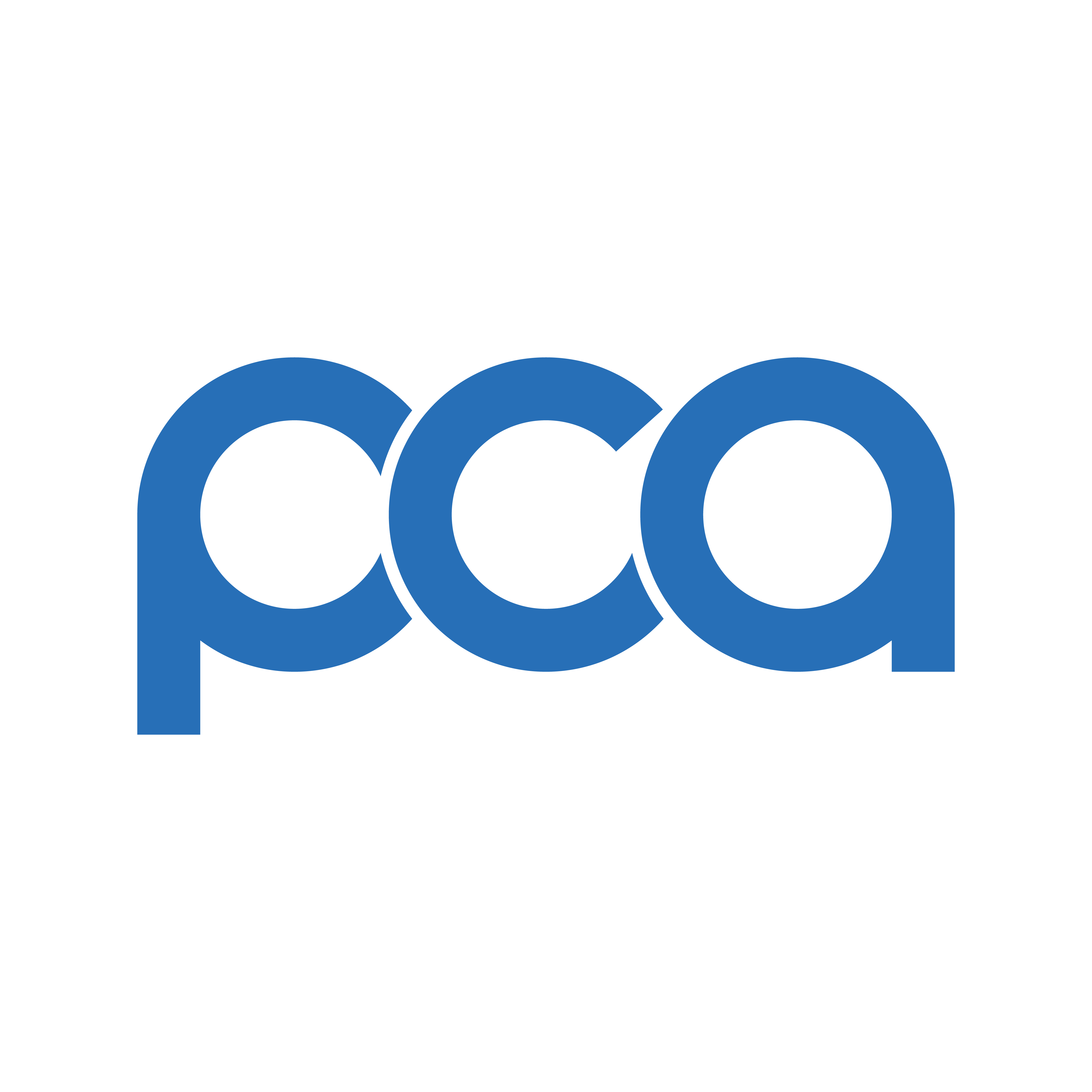Published January 28, 2025
Understanding Closing Costs in Real Estate

Whether you are buying or selling a home the excitement of finding the perfect home or the perfect offer comes with a less thrilling factor … closing costs. These costs are the fees and expenses associated with finalizing the mortgage. This cost can also add up quickly and be unexpected if you don't know or aren't prepared. When starting the process of selling or buying it's important to understand these costs and how to budget for them. Doing this will make sure you are not surprised when you get to the closing table.
What are Closing Costs
Closing cost is a simple term for the various fees that both the Buyer and Seller incur when completing a Real Estate transaction. These fees are normally paid at the time of closing, but there are some fees that may arise during the transaction. These fees can vary due to the complexities of each home's size, location, and condition. Understanding these fees in more detail will help you save and be ready for them when they arise.
What you will pay as a Buyer
As a Buyer, your closing costs typically range from 2% - 5% of the purchase price of the property. Below is a breakdown of the most common expenses that you can encounter.
Down Payment
This is the upfront payment that you will make towards the purchase price of the home. The down payment is typically the largest expense of the transaction. The amount can vary to what you are willing to pay or required to pay with the kind of loan you are using. The typical amount for conventional loans is a down payment of 20%. First-time home Buyers can qualify for as little as 3% to 5%. VA loans can be as little as 0% down.
Loan Origination Fees
These are the fees that the lender charges to process the loan application paperwork. It is essentially the cost of securing the mortgage. This amount can range from .05% to 1% of the loan amount charged to the Buyer at closing.
Appraisal Fee
Before the mortgage lender is able to finalize the loan they will need to conduct an appraisal of the property to ensure its value aligns with the purchase price. This fee can range from 300-500 dollars but can be more depending on the size, location, and complexity of the home. In some cases where the appraisal comes below the purchase price, the Buyer may offer to pay the difference to keep the offer valid in the eyes of the lender or ask the Seller to reduce the price or the Buyer and Seller split the difference.
Home Inspection Fees
A home inspection is a very smart and safe thing to conduct so you know everything that may be wrong with the property. This inspection is optional, but highly recommended. It will take a look into the home's condition, such as plumbing, electrical, and foundation problems. The general home inspection can cost anywhere from 300-500 dollars depending on the size of the property and the distance from the service area. There are also inspections like pest and radon testing that can add to the cost of purchasing a home.
Title Insurance
Title insurance protects both the Buyers and the lender in the event there is an issue with the title of the deed to the land. As the Buyer, you may be asked by your lender to buy title insurance to protect your interest and theirs in the property. Sometimes the Seller is responsible for this insurance. This insurance generally costs anywhere from 500-700 dollars depending on the complexity of the purchase. This insurance is optional and isn't always required, but in some cases, it may be to secure the loan.
What You Will Pay as a Seller
As a Seller your closing costs will be a little different and higher than the Buyer side of real estate. These costs revolve around transferring the ownership of the property and fulfilling any contractual obligations. This cost can range anywhere from 6% - 10% of the purchase price. That can vary depending on the local cost, terms of the sale, and other factors.
Real Estate Commission
The commission is one of the largest expenses for the Seller which typically ranges from 3% - 6%. This fee can be split and paid to the Sellers and Buyer’s Brokerage. The reason it's split between the agents is to help attract Buyers agents to show the property to qualified Buyers which will result in offers on the property. Real Estate commission is always negotiable and you will need to talk with your local agent about the rates they charge.
Repairs and Concessions
The potential Buyers of your home may request that certain repairs be completed before closing. These issues are normally found during the inspection or appraisal process and can be anything that is damaged or needs to be replaced. The Sellers could either offer to fix the issues that the Buyer requested or offer credits to the Buyer at closing to cover the damages within the property. The amount may vary depending on the condition of the property and the nature of the repairs.
Title Insurance and Title Search
Sellers are normally responsible for paying the title insurance. This ensures that the Buyer is protected if the title has any liens or legal issues attached to it. The title search fee is a part of the process and ensures that the title doesn't have any liens and that it is clean before closing on the property. The Seller will be responsible for paying for the document preparation that is required by the title company.
Outstanding Liens or Mortgage Balances.
While starting the closing process of your home you will need to pay off any outstanding debts that you owe on the property. These balances will be paid at the time of closing from the proceeds of the sale. The rest of the money is yours to keep and use in your next property.
HOA Fees
If the property is a part of a Homeowners Association they may have fees required to transfer the property to the new owners. The Seller will also need to pay off any outstanding HOA fees before closing. The HOA may also charge a fee for the documents needed for the release of any fees you owe.
How to Prepare for Closing Cost
Know What to Expect
Knowing what to expect is a big step in getting ready to purchase or sell your home. Knowing these fees will help you throughout the process of the closing so you are strapped for cash when it comes to the closing. You can always ask your lender or the Real Estate agent for a rough estimate of the closing costs.
Get Pre-Approval
For Buyers getting preapproval for a loan is a huge step in the process of preparing for the cost of closing. The lender will help you better understand all the closing costs and what they go to. This process will also let you know your budget including the closing costs.
Negotiate Closing Cost
Negotiating the closing costs is a smart way to keep some money on hand during the transaction. The Buyer may request that the Sellers pay for the closing costs up to a certain amount or percentage.
Set Aside Funds for Closing
It is always a good idea to set aside additional funds for the transaction. These funds will be estimated before the closing so you have an idea about how much you will own on top of the purchase price of the home. The Seller's funds will normally be pulled from the proceeds of the transaction, but it's always smart to have some extra funds to cover unexpected expenses.





